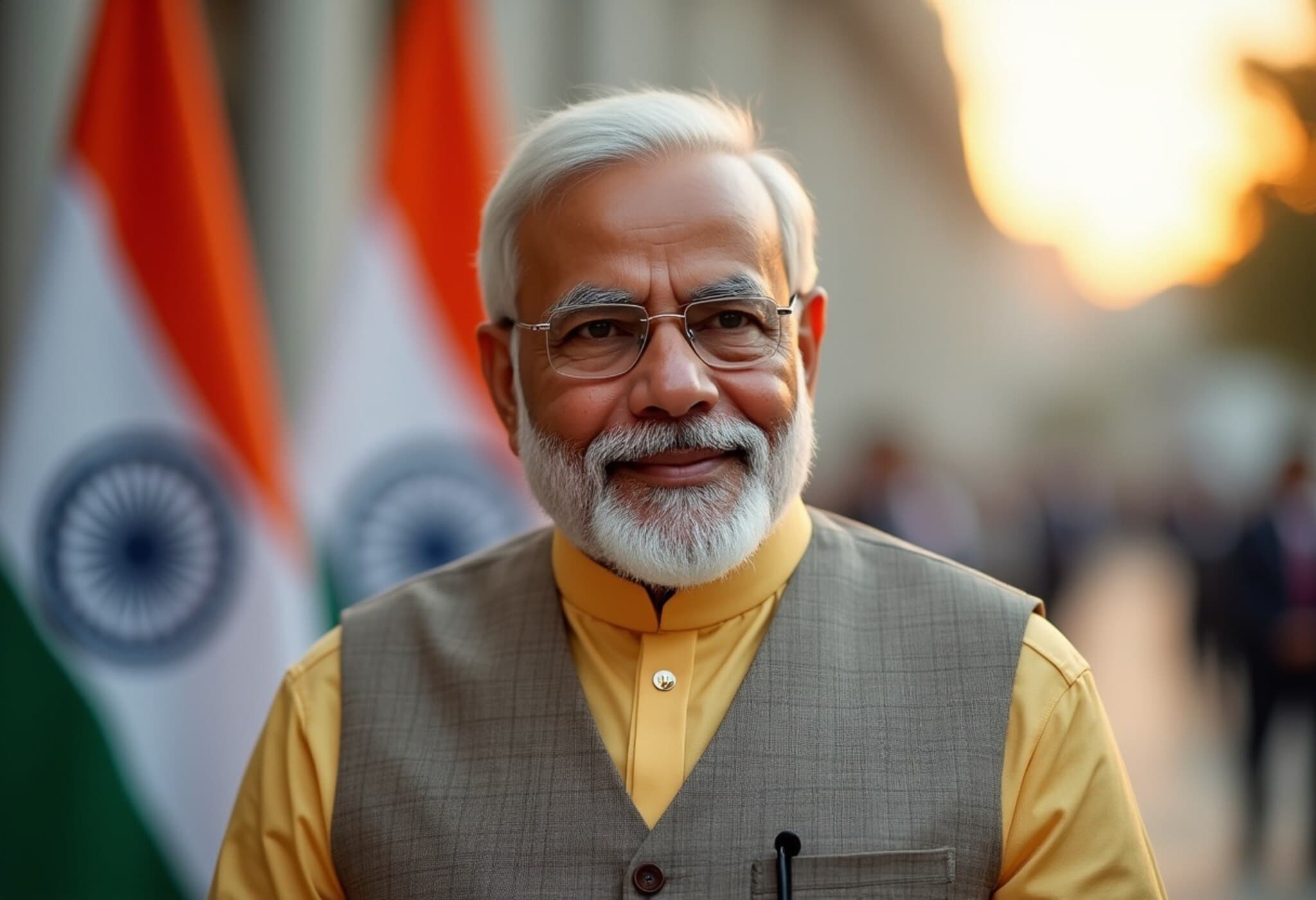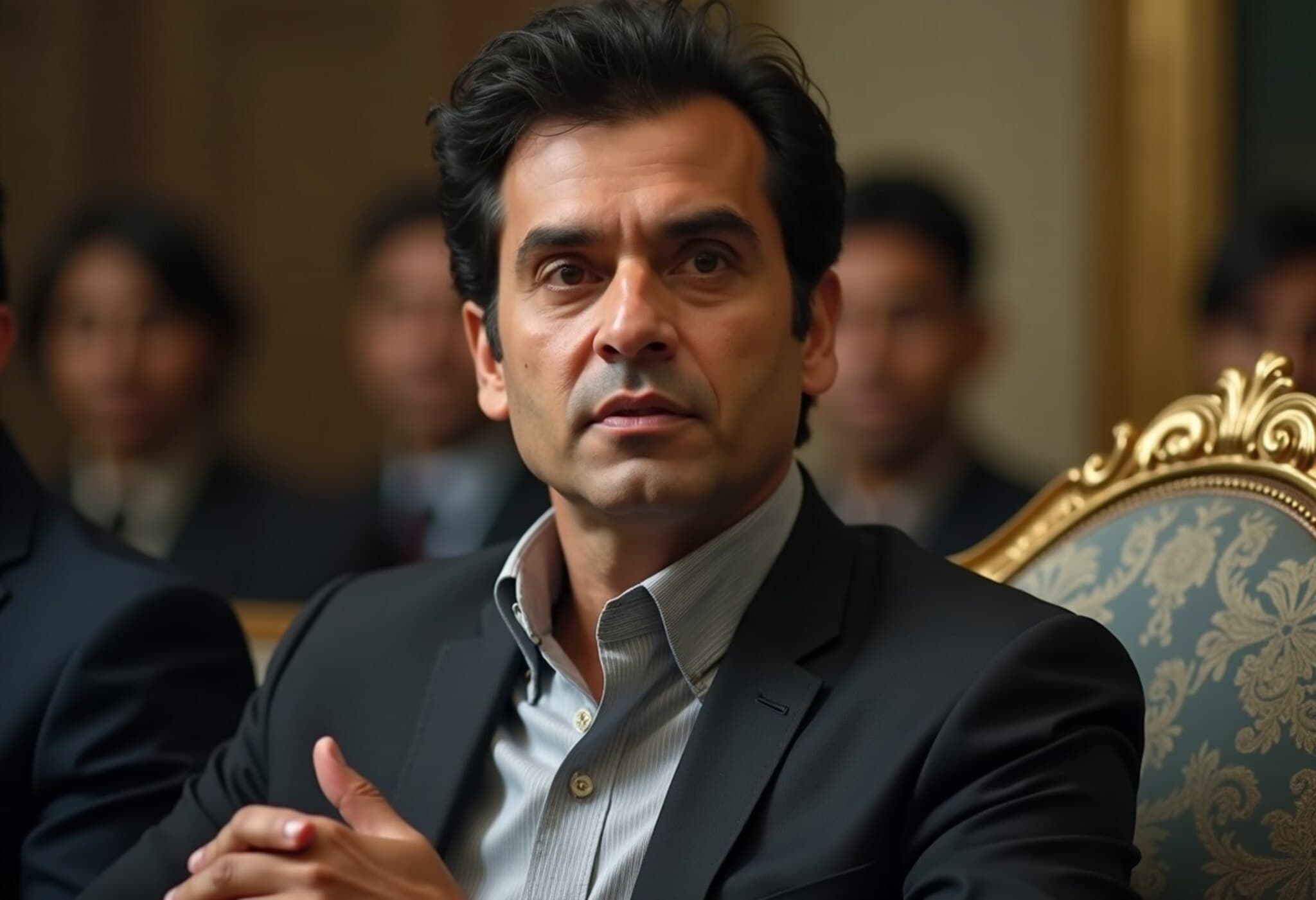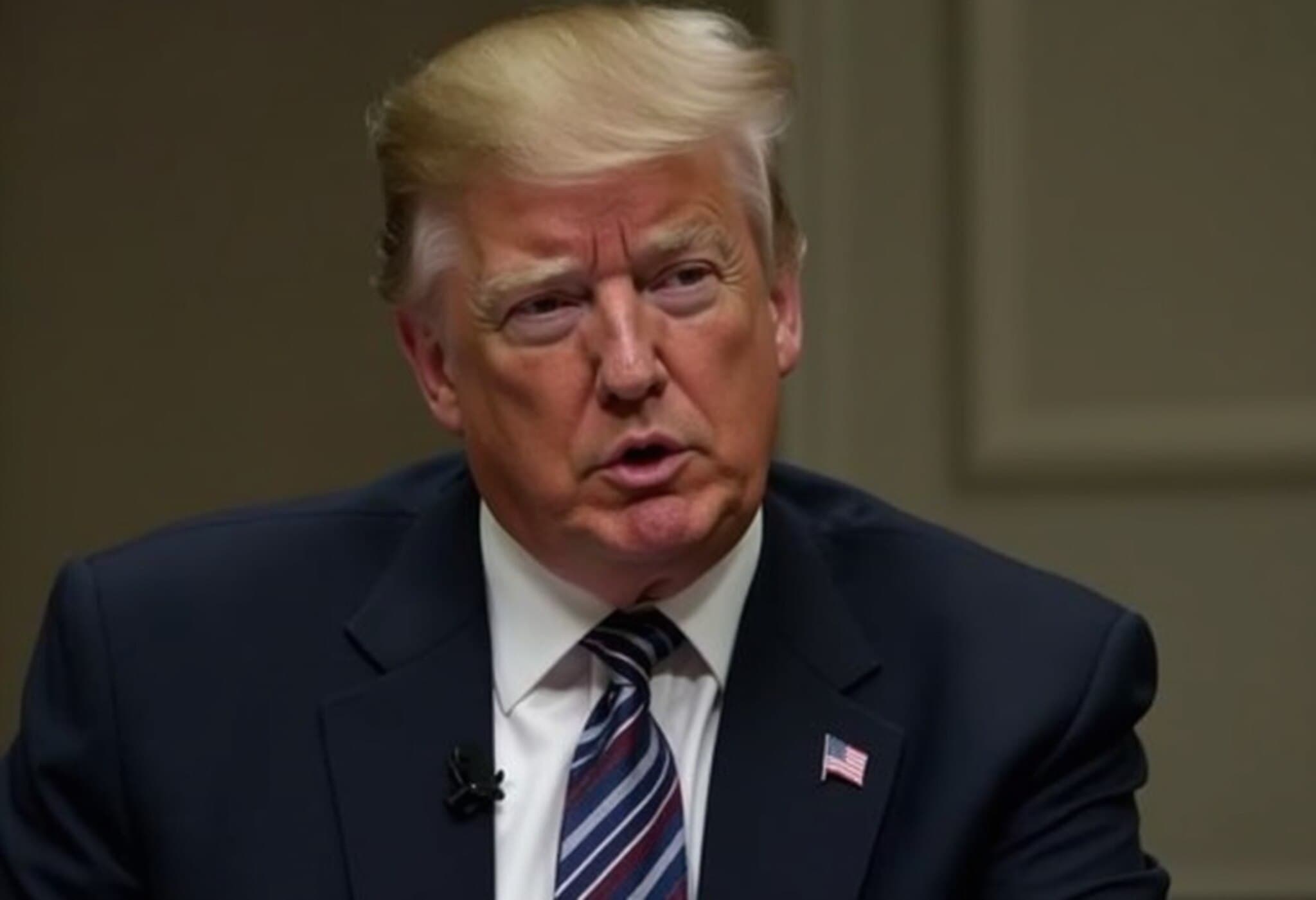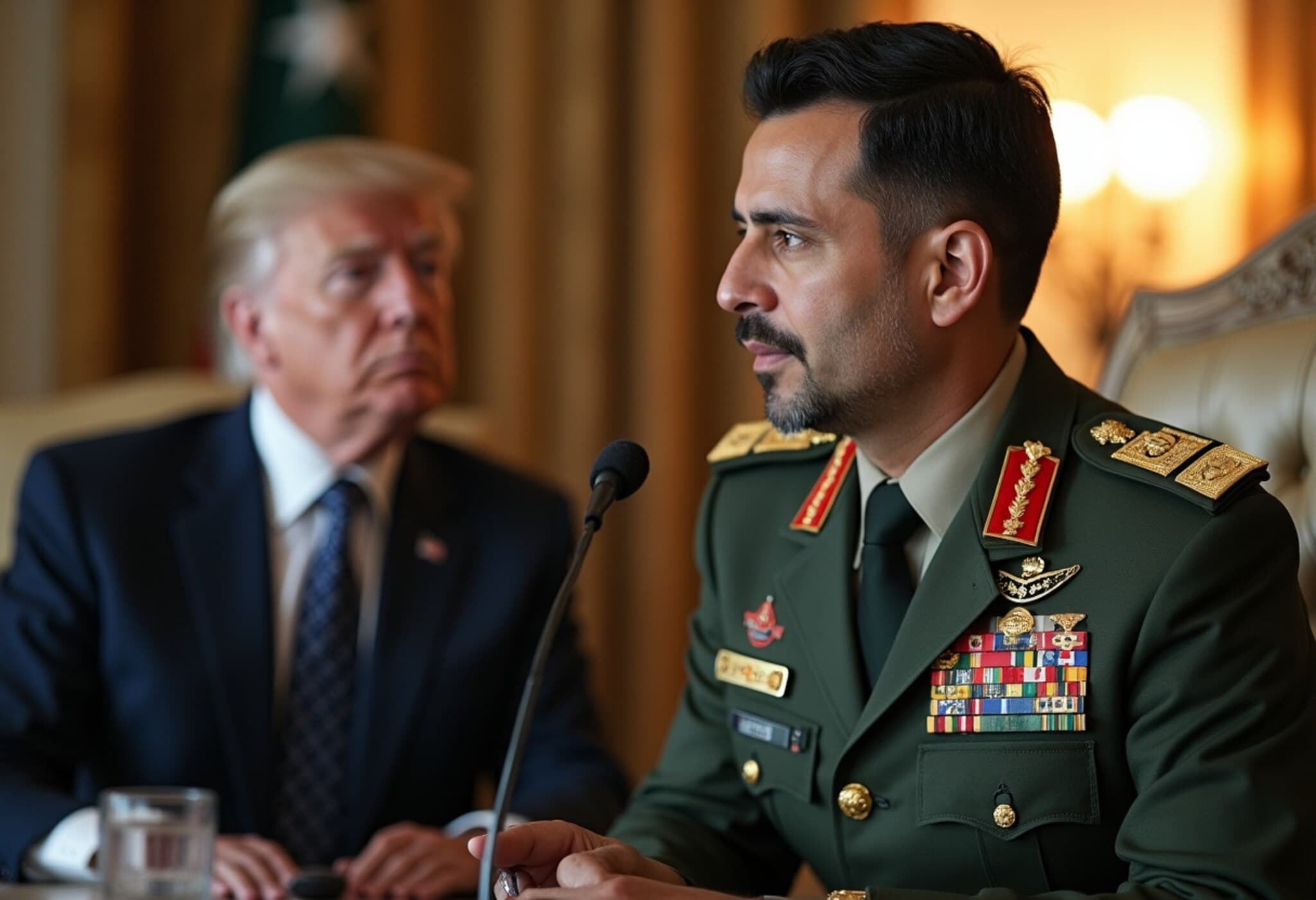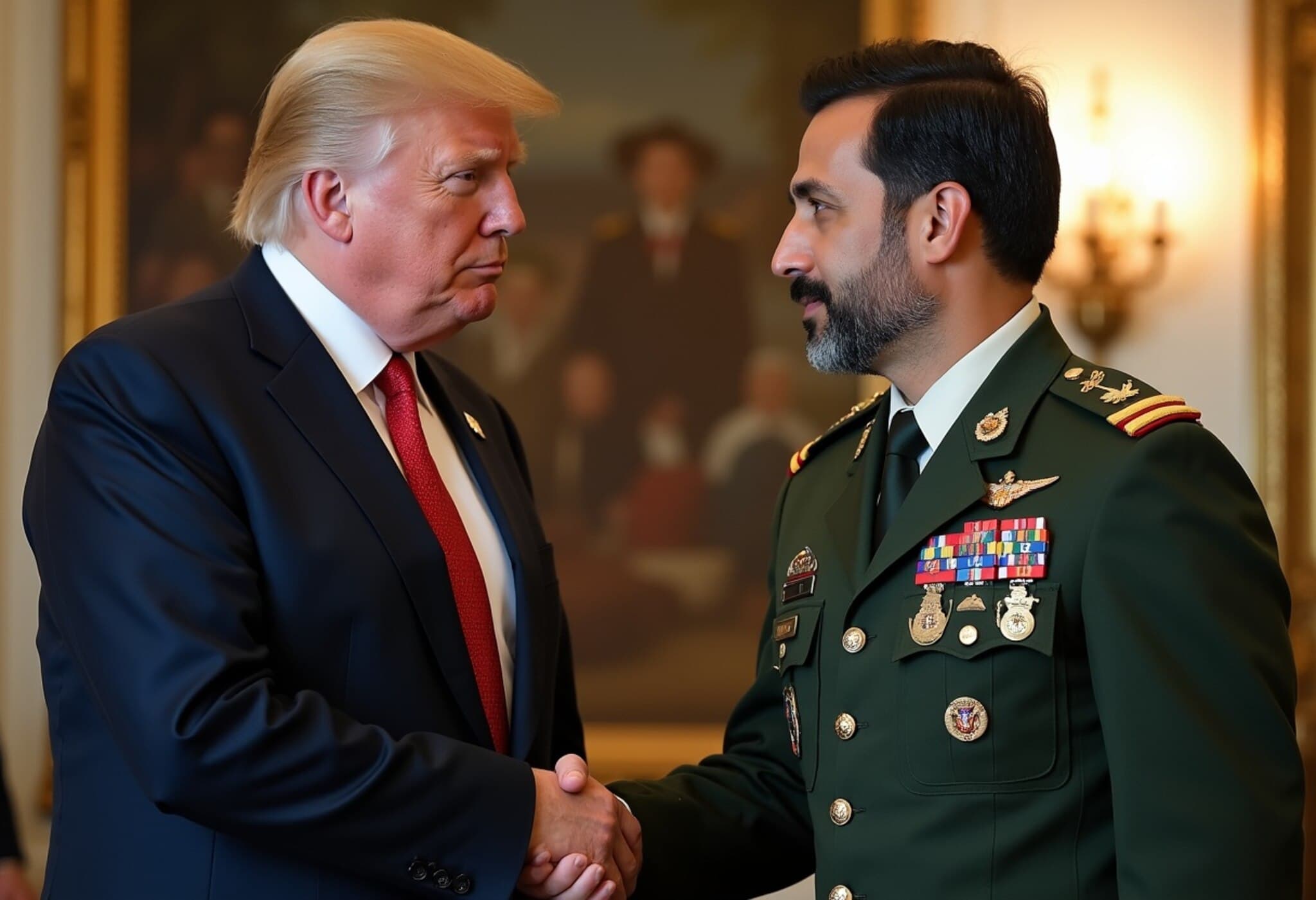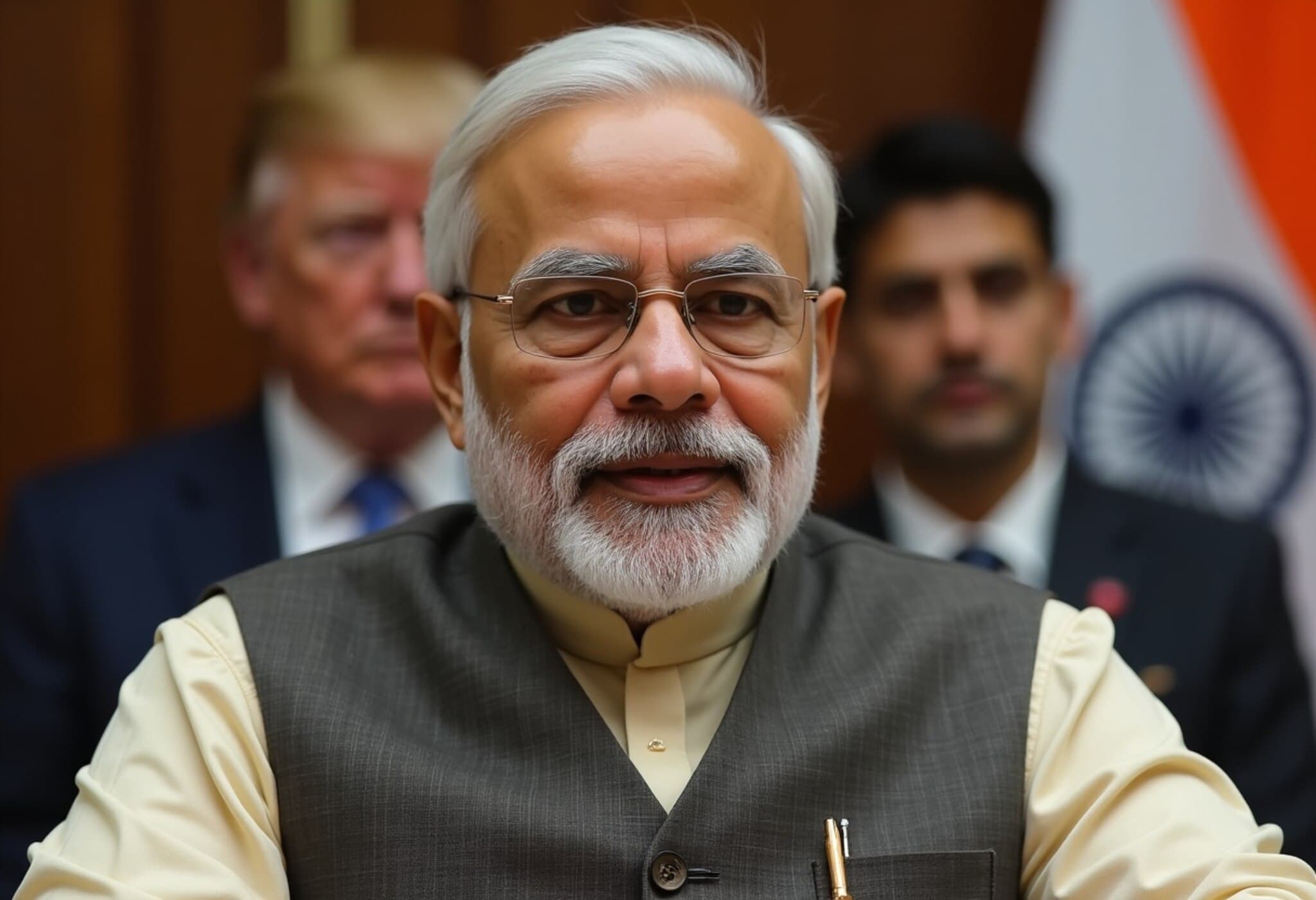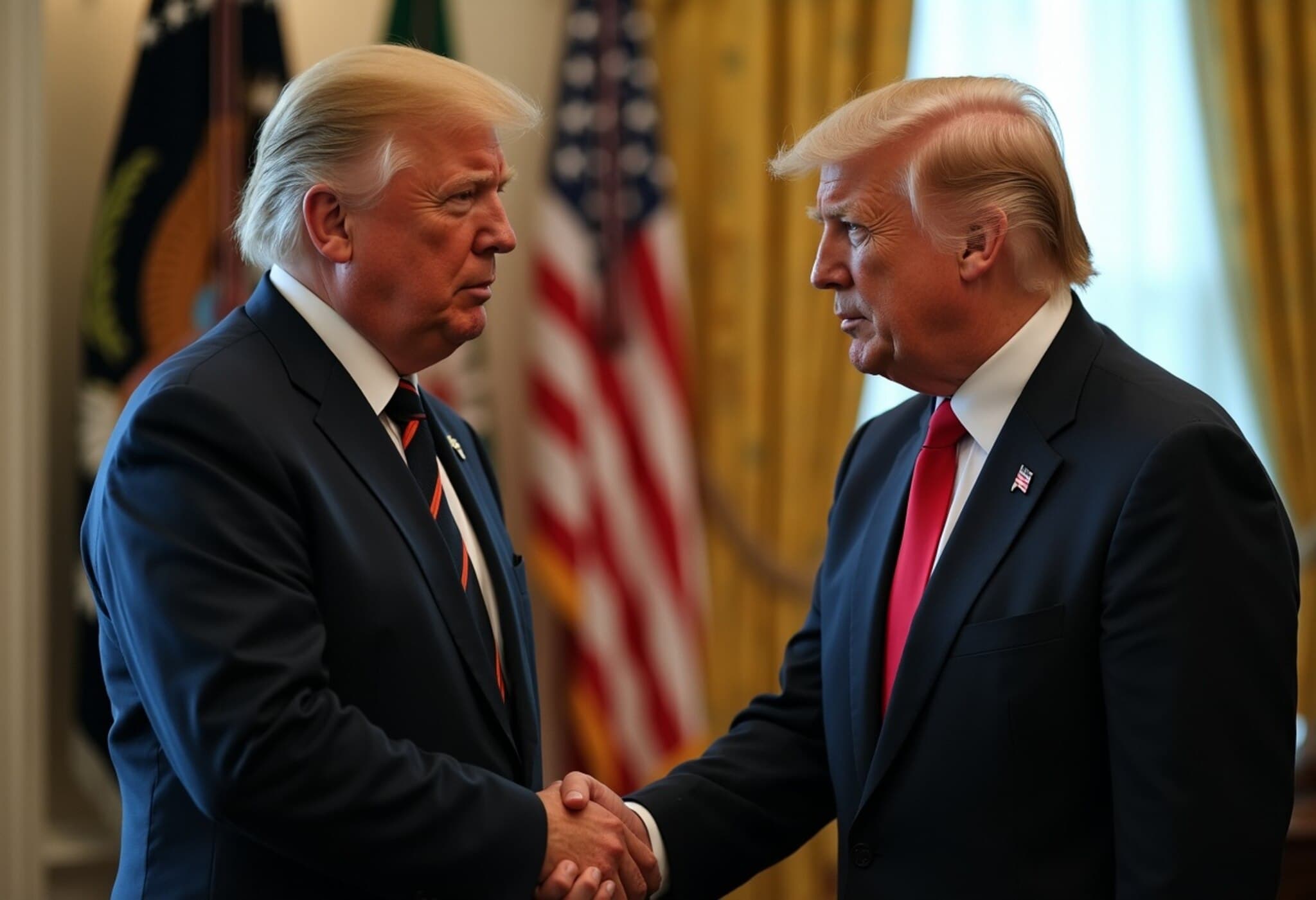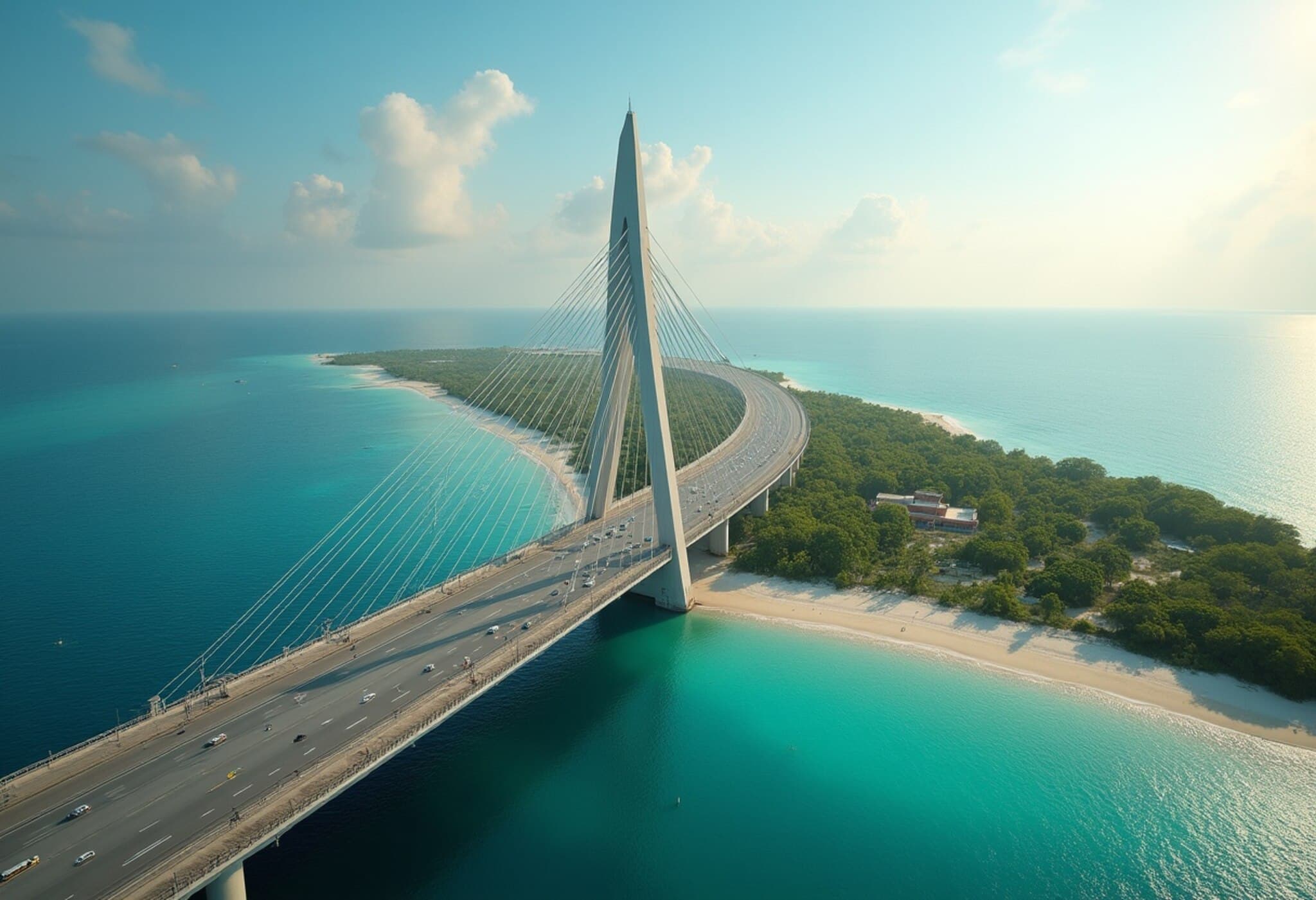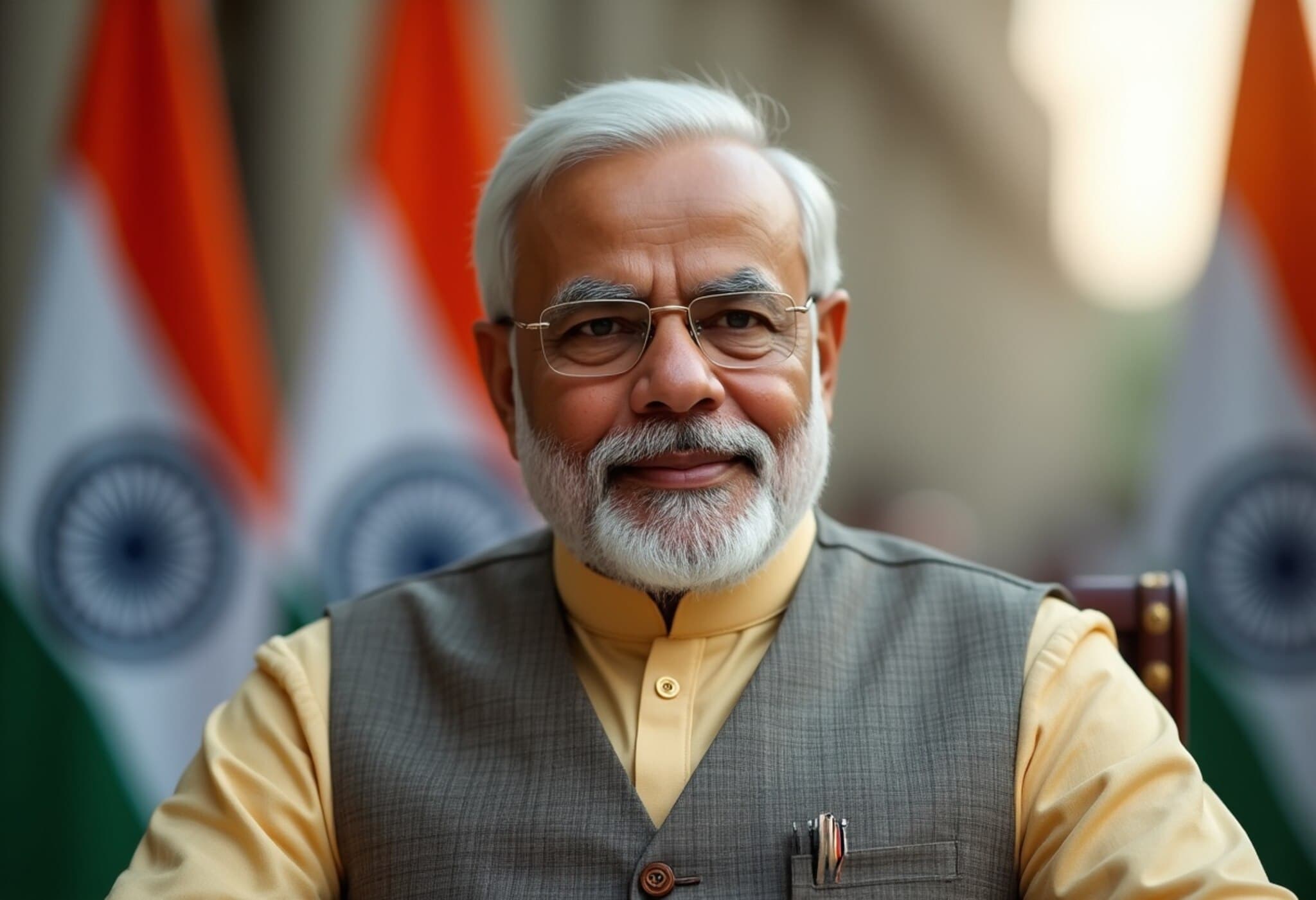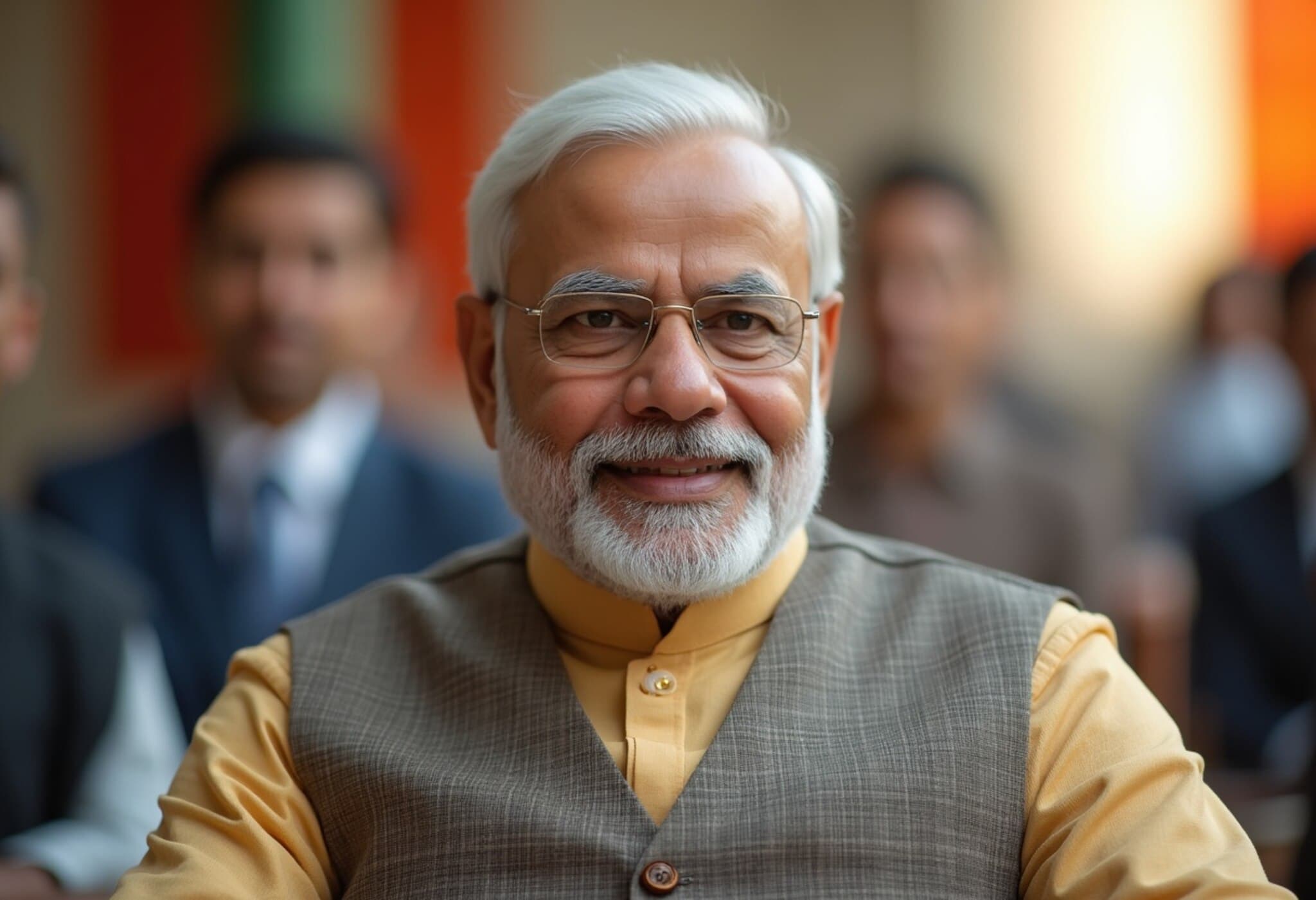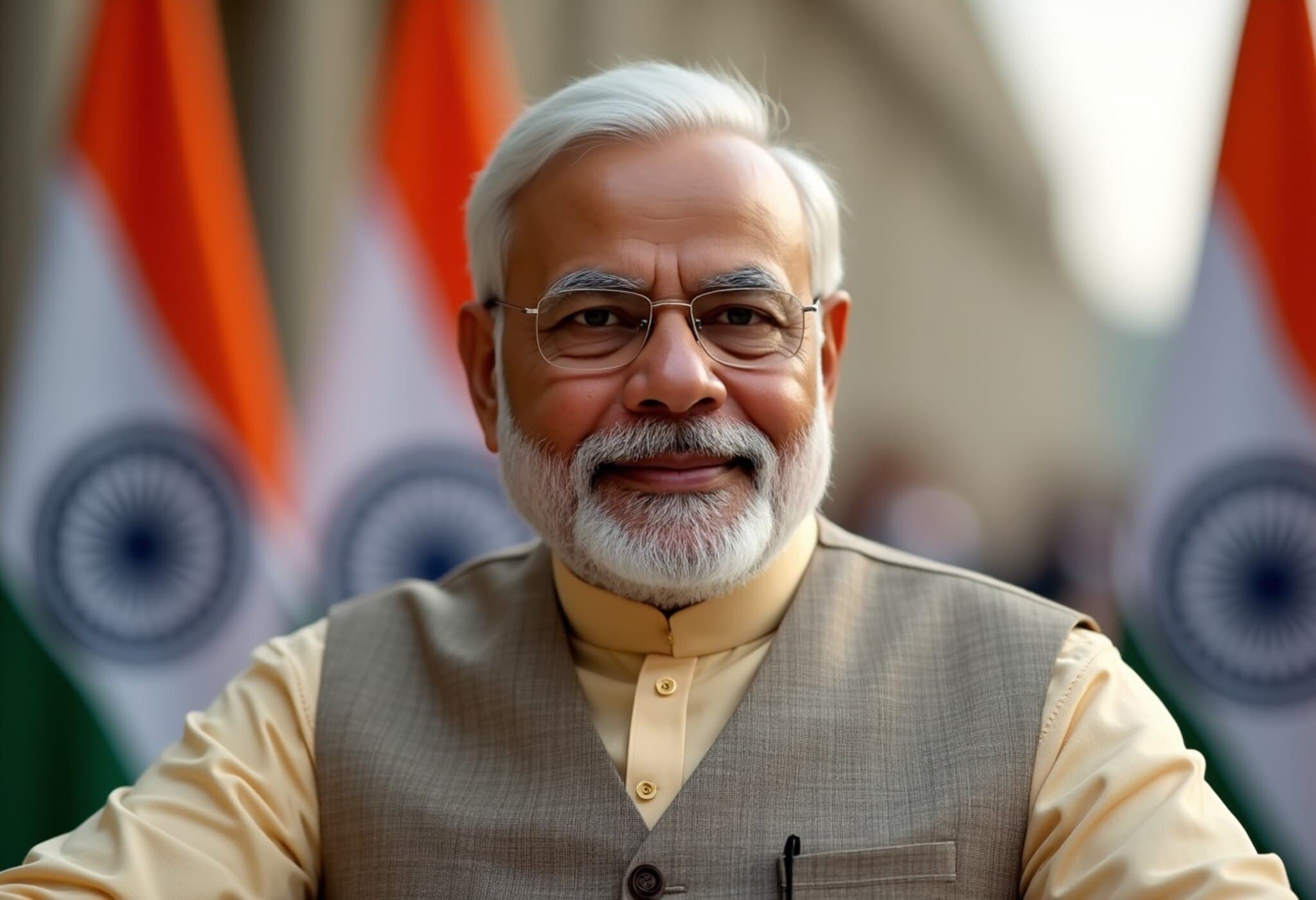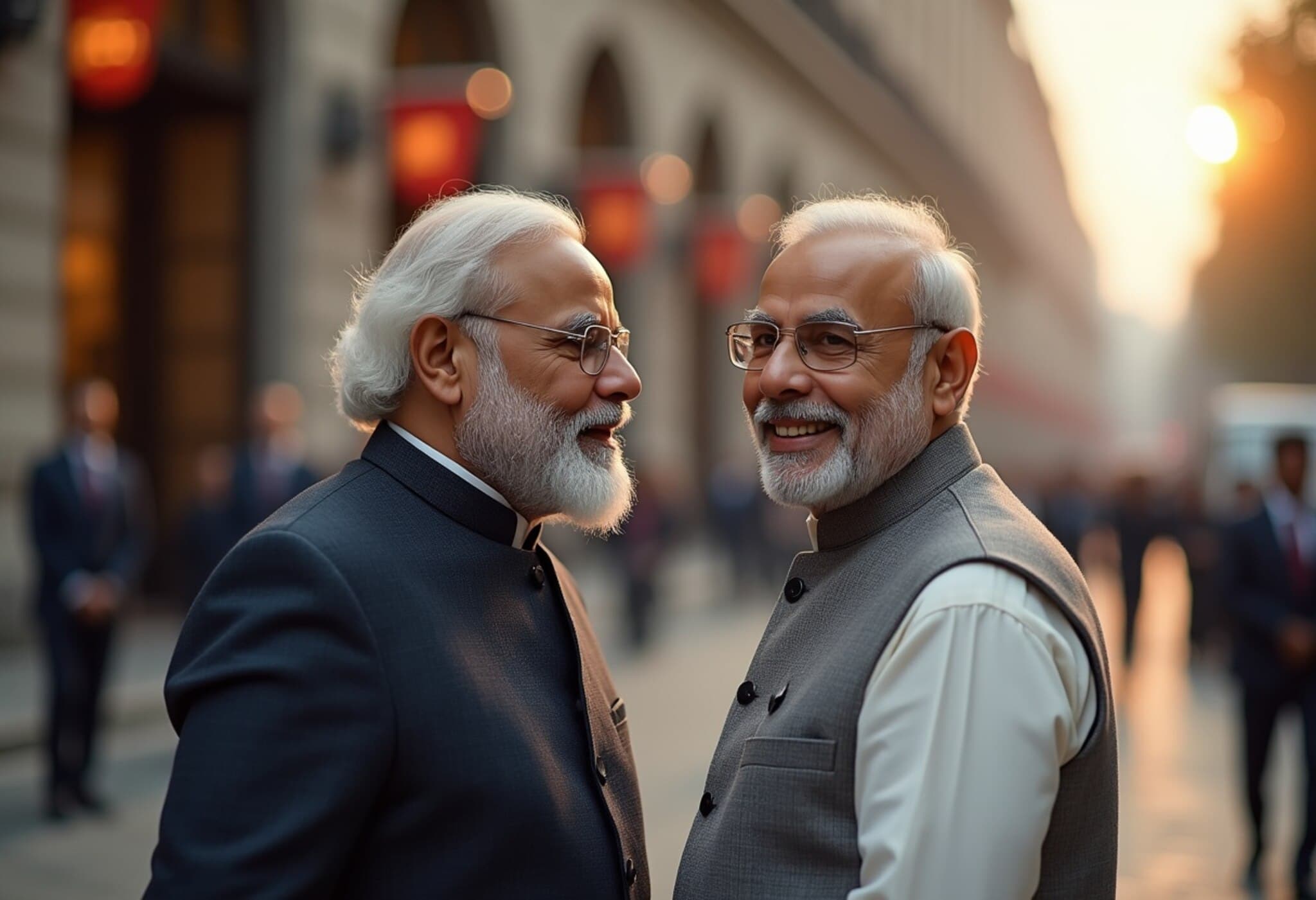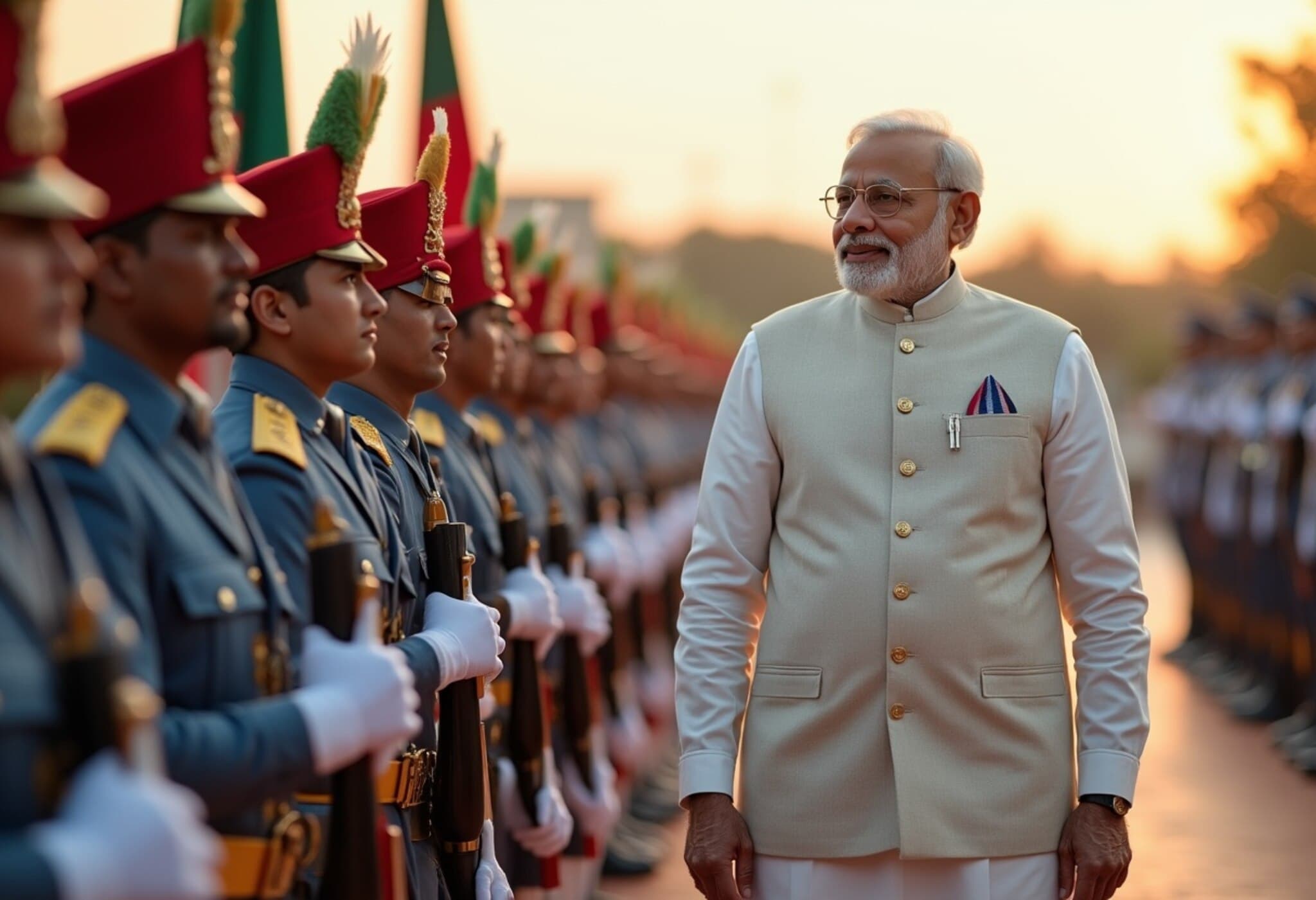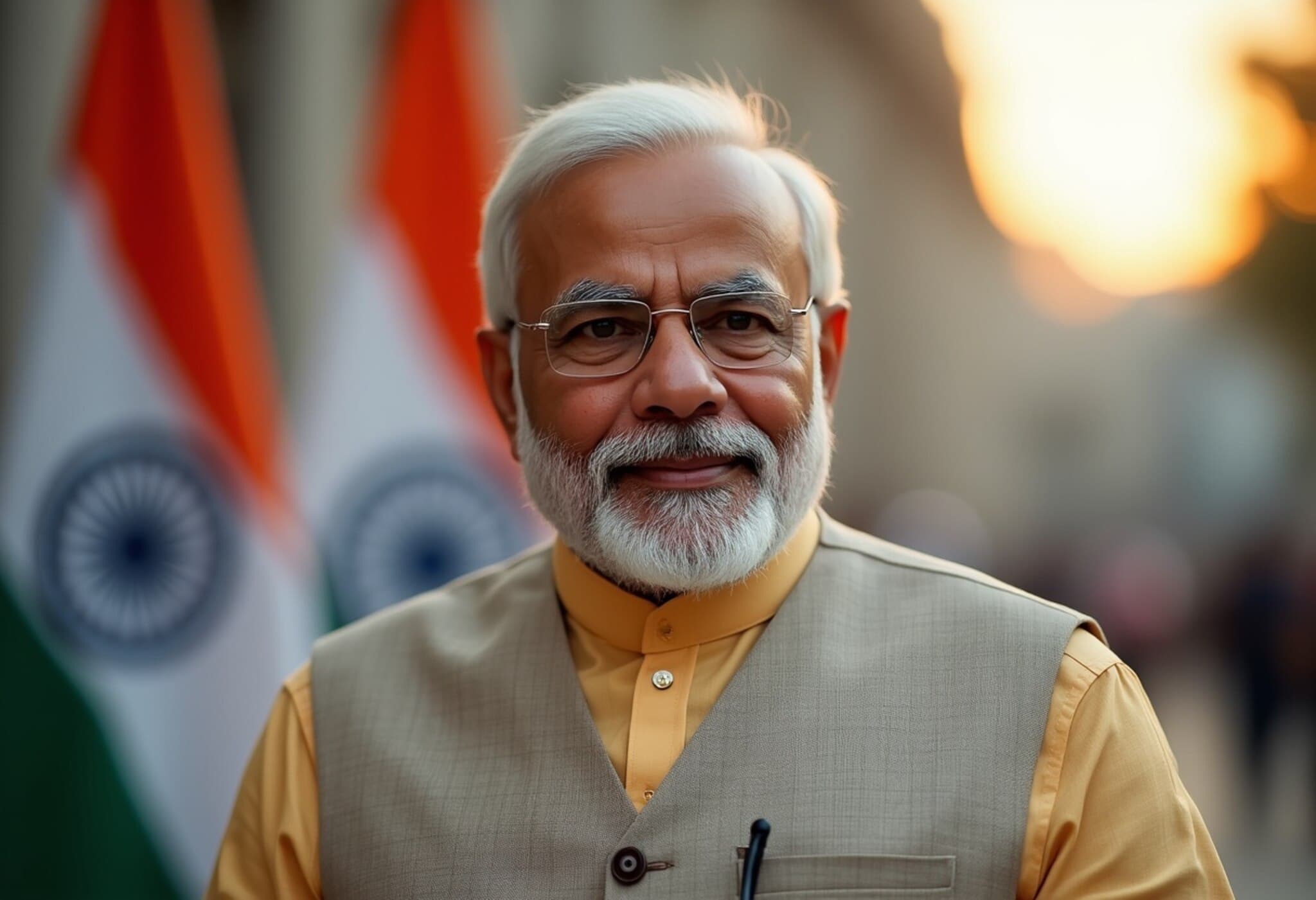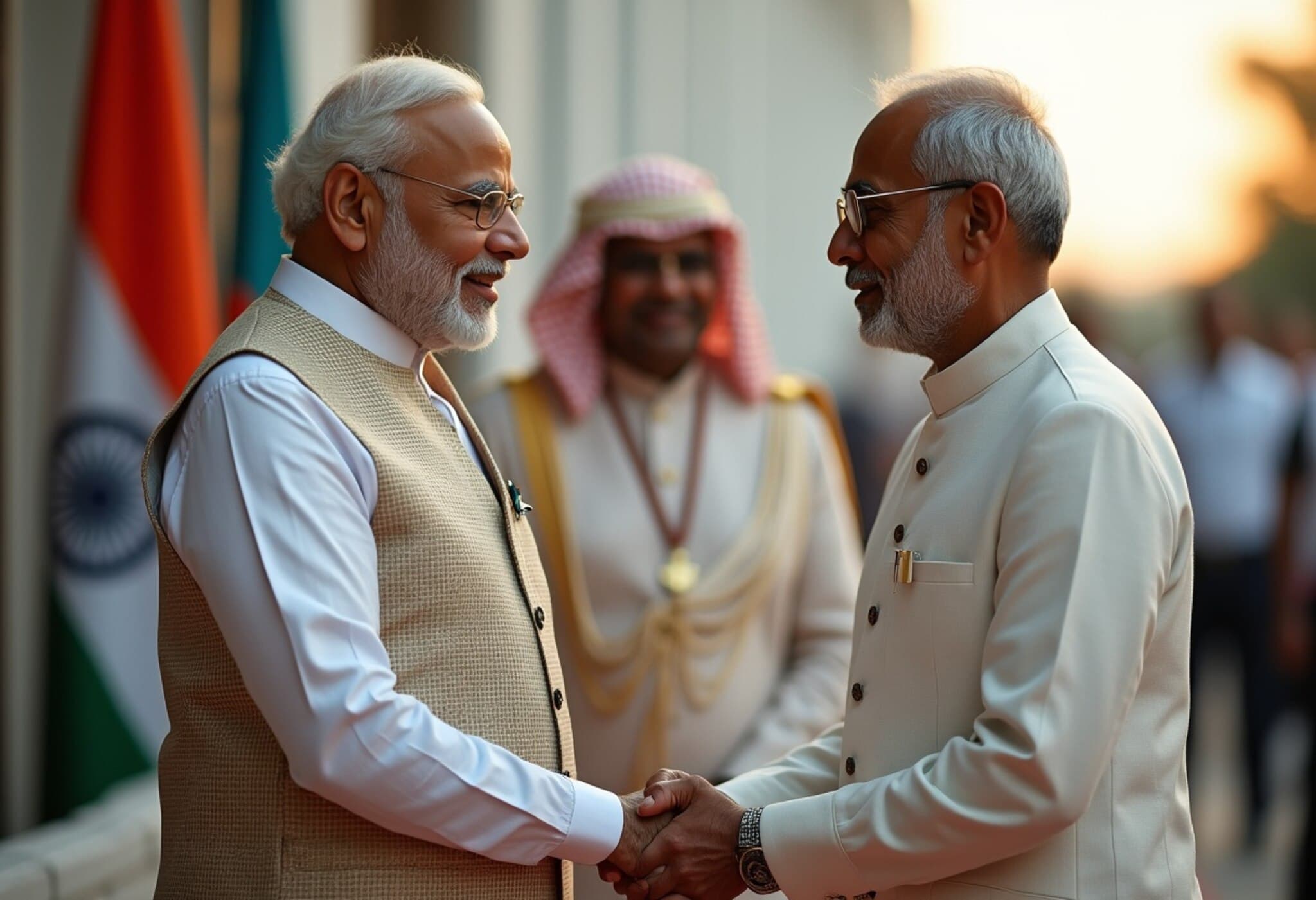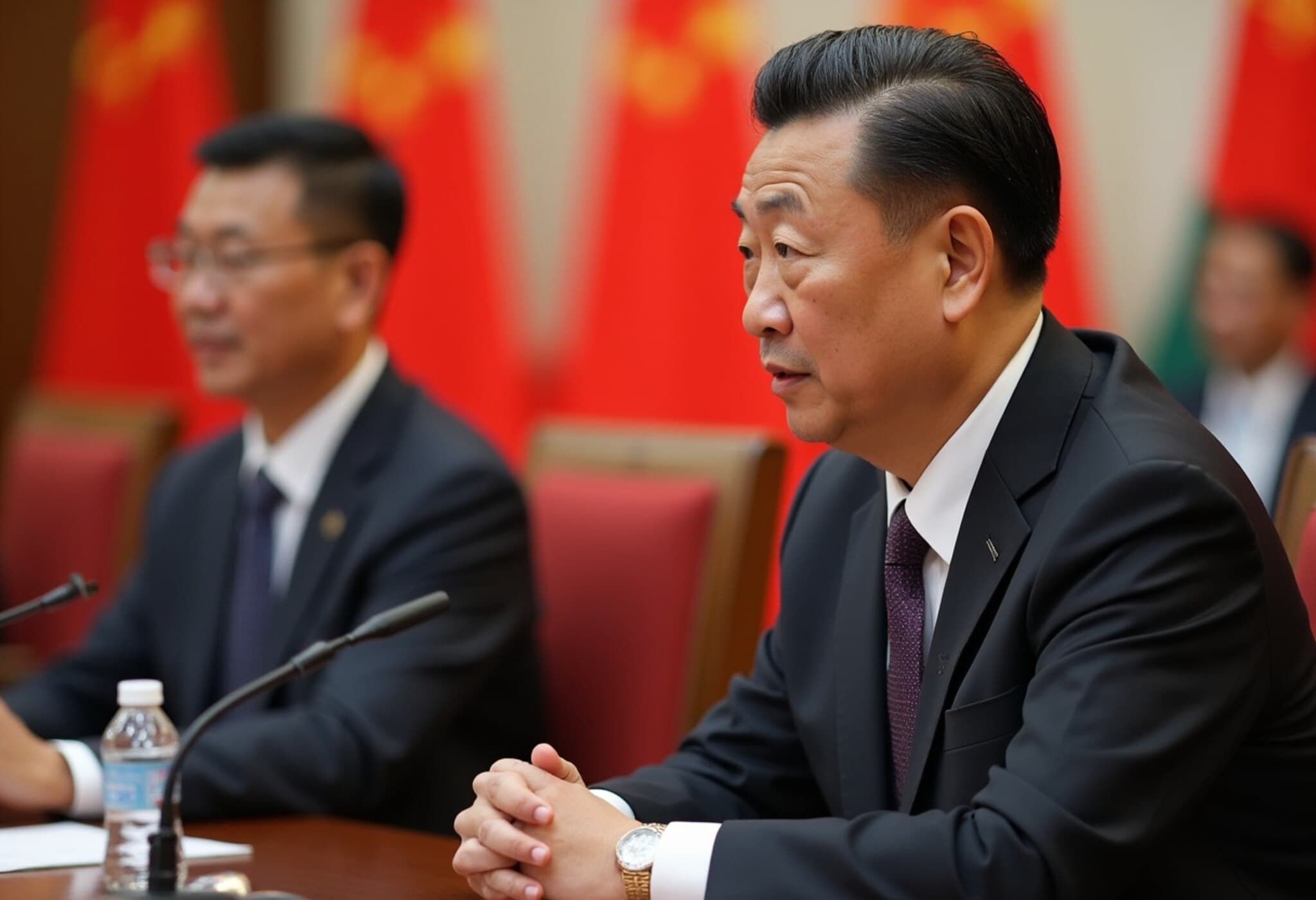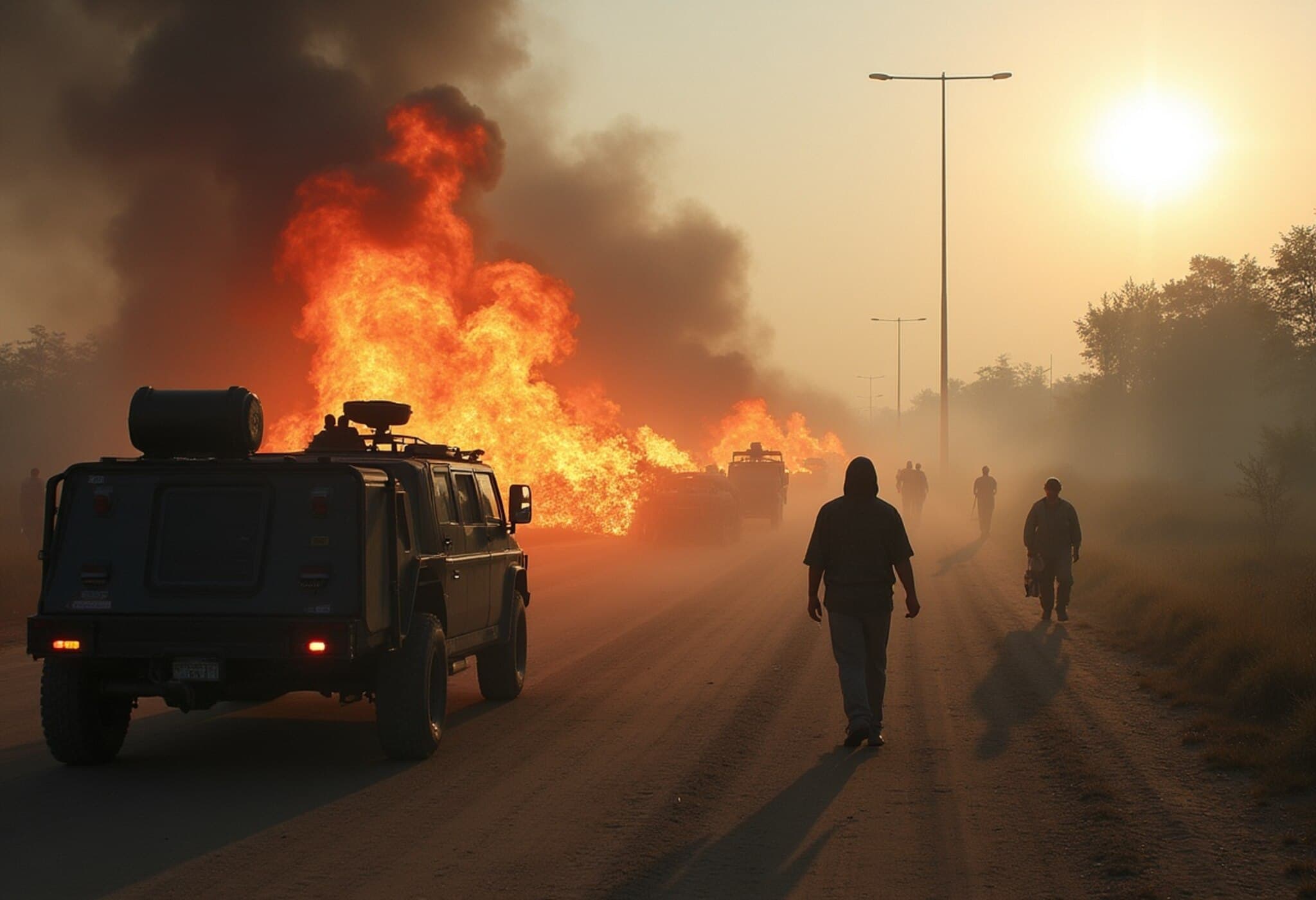India and Maldives Forge Stronger Strategic Partnership Amid Regional Shifts
In a significant diplomatic move, India has announced an infusion of ₹4,850 crore (approximately $565 million) in credit support to the Maldives, signaling a renewed commitment to the island nation’s development and security. The announcement came during Prime Minister Narendra Modi’s two-day state visit to Malé, marking a decisive step toward reinvigorating bilateral relations after a tense interlude.
Reviving a Historic Friendship
Prime Minister Modi, meeting with Maldives President Mohamed Muizzu, emphasized India’s long-standing and deep-rooted ties with the archipelago, reminding the world that the connection “is older than history, and as deep as the ocean.” Despite challenges in recent years—in part due to political shifts within the Maldives—the current visit showcases a diplomatic reset with high stakes for regional stability and cooperation.
“For us, friendship always comes first,” Modi stated, underscoring India’s dedication to being the Maldives’ most trusted partner in the Indian Ocean.
Economic and Defence Engagement: A New Chapter
The extended line of credit will primarily support infrastructure projects that reflect the Maldivian people’s priorities. According to Foreign Secretary Vikram Misri, the agreement also includes measures reducing the Maldives’ annual debt repayment to India by 40%, easing fiscal pressures on the island nation amid challenging global economic conditions.
Economic ties are being further strengthened by ongoing negotiations for a free trade agreement (FTA) and a bilateral investment treaty. Modi highlighted early signs of success, noting that the Maldives’ adoption of India's Unified Payments Interface (UPI) system is set to invigorate tourism and retail sectors—a critical move for a nation heavily reliant on visitor economy.
Deepening Defence and Security Cooperation
The visit saw the inauguration of several India-supported infrastructure projects, including a new Ministry of Defence building, roads and drainage in Addu City, and 3,300 housing units in Hulhumalé. Additionally, India handed over 72 vehicles and equipment to the Maldives National Defence Force, reinforcing the Maldives’ capacity to protect its fragile island ecosystems and maritime borders.
Modi called the defence ministry building a “concrete building of trust,” symbolizing the renewed partnership, which pragmatically counters increasing regional strategic competition, particularly concerns around China's assertive presence in the Indian Ocean.
Although officials were circumspect on references to China, Misri acknowledged that regional security concerns remain topical, reaffirming India and Maldives’ shared interest in preserving peace and stability in the region.
Geostrategic Implications in the Indian Ocean Region
India’s approach to the Maldives reflects its broader “Neighbourhood First” policy and the MAHASAGAR initiative—aimed at fostering collective security and growth across Indian Ocean littoral states. As the Maldives assumes an increasingly strategic role, maintaining robust ties is crucial not only for regional trade but also for ensuring maritime security corridors vital to global commerce.
This partnership serves as a counterbalance against external influences, strengthening the Indian Ocean’s security architecture amid growing geopolitical competition.
Looking Ahead: Economic Integration and Mutual Growth
With talks progressing on trade and investment frontiers, and India’s timely support for Maldives’ development projects, both nations are poised to unlock significant economic synergy. Observers note that this partnership could serve as a model for integrating small island states into larger regional economies while respecting their sovereignty and ecological sensitivities.
The Prime Minister’s visit, warmly received by local leaders and public alike, reiterates that bilateral ties between India and Maldives are entering an era characterized by trust, shared prosperity, and common security goals.
Editor’s Note
The renewed India-Maldives partnership underscores the critical importance of strategic diplomacy in today’s complex regional environment. While India’s financial and defence support cements its role as a cornerstone ally, emerging questions remain: How will these strengthened ties affect China’s ambitions in the Indian Ocean? What steps will Maldives take to balance sovereignty with deepening foreign partnerships? And importantly, how might this relationship impact the broader economic resilience of Indian Ocean island communities facing climate change and geopolitical uncertainty? These unfolding dynamics bear close watch as the 21st-century Indo-Pacific order continues to evolve.

